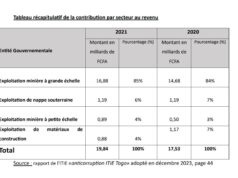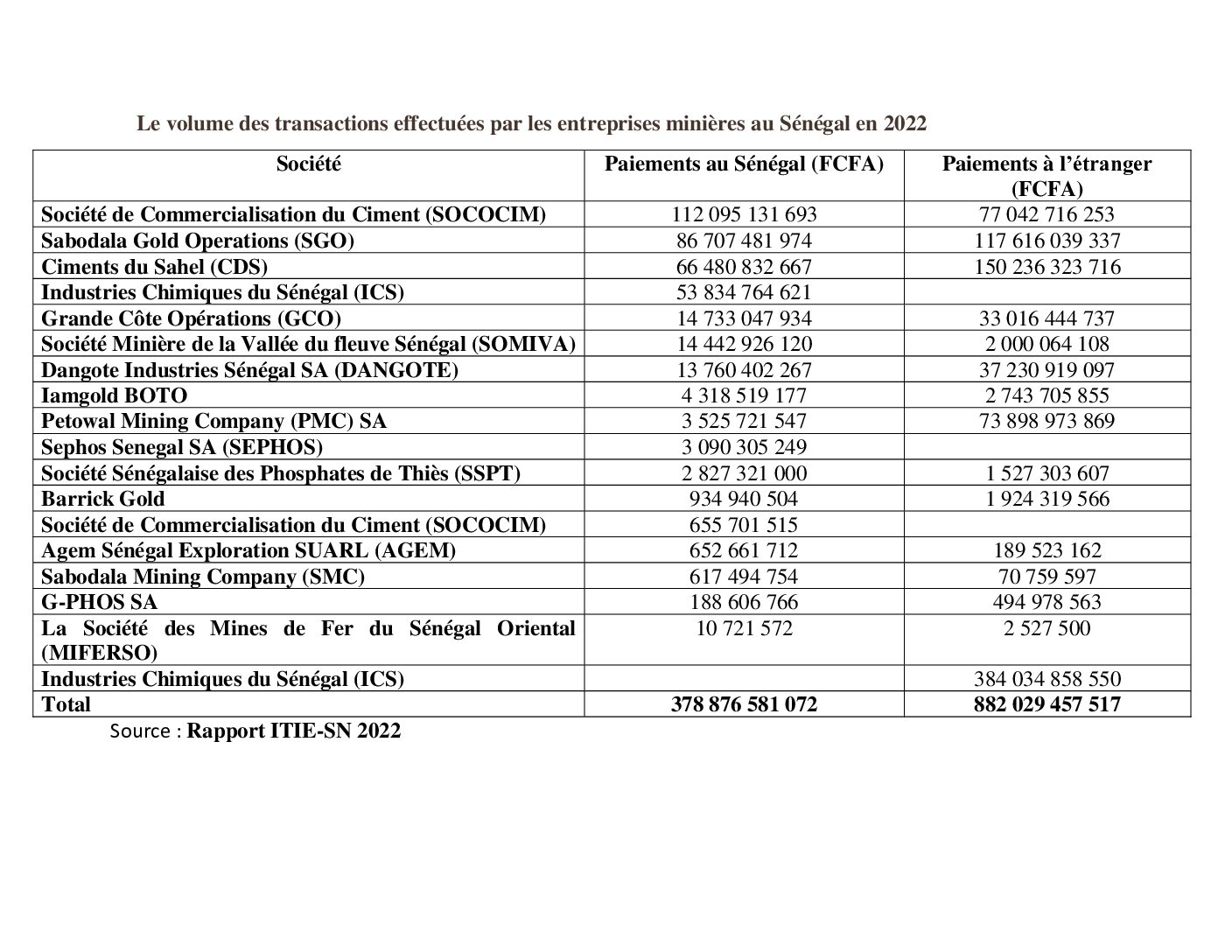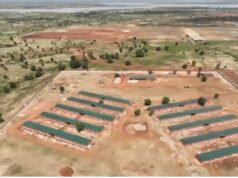- According to the International group of experts on climate change in its 2022 report
- The challenge of limiting global warming has evolved
- Because of the increase in greenhouse gas emissions
- The need for climate justice and resilience
Our world is suffering from global warming and natural disasters due to pollution. The high level of greenhouse gas production and many other forms of pollution are threatening the survival of humans and nature. It is against this background that the International group of experts on Climate Change (GIEC) produced their latest report on 20 March 2023 in Interlaken, Switzerland. This report proposes solutions to curb this phenomenon.
In 2018, the International group of experts on Climate Change (GIEC) highlighted that limiting global warming to 1.5°C was an unprecedented challenge. Five years later, this challenge has grown with the continued increase in greenhouse gas emissions. The pace and scale of the measures taken so far, as well as the measures planned to date, are not sufficient to address climate change.
In this regard, GIEC Chairman Hoesung Lee said: “Fair and effective climate action on a global scale will not only reduce the loss and damage to nature and people, but will also bring us other benefits”.
According to GIEC member Aditi Mukherji: “Achieving climate justice is essential, because people who contribute least to climate change are disproportionately affected by it”. Indeed: “Almost half of the world’s population lives in regions that are highly vulnerable to climate change. Over the past decade, deaths from floods, droughts and storms have been 15 times higher in highly vulnerable regions,” she added.
What needs to be done to combat this problem? According to the International group of experts on Climate Change, the solution is clear: “There is a need to establish climate-resilient development”. This means integrating measures to adapt to climate change with measures to reduce or avoid greenhouse gas emissions in ways that give us other benefits. For example, access to clean energy and technology is good for health, especially for women and children. Similarly, low-carbon electrification, as well as walking, cycling and public transport, provide cleaner air, better health, more jobs and greater equity. Thus, the public health savings from improved air quality alone would be roughly equal to, or perhaps even greater than, the cost of reducing or eliminating emissions.
The warmer the planet gets, the more complex it becomes to achieve resilient development. According to GIEC Chairman Hoesung Lee: “The choices we make over the next few years will determine our future and that of future generations”.
The report calls for the strengthening of proven policy measures and their widespread application. These could drastically reduce emissions and build resilience to climate change. Political commitment, coordinated strategies, international cooperation, responsible ecosystem management and inclusive governance are also very useful for effective and equitable climate action.
As a reminder, the GIEC 2022 report focuses on the fact that human responsibility for global warming is unequivocal, global warming is on the verge of reaching +1.5°C, sea level rise, the alarming increase in methane emissions, and the declining effectiveness of carbon sinks.
The GIEC is an intergovernmental body charged with assessing the reality, causes and consequences of ongoing climate change. It was established in 1988 under the aegis of the Meteorological Organisation and the United Nations Environment Programme as a result of an international political initiative. It should be noted that GIEC assessments provide decision-makers with relevant, but neutral, scientific information for policy-making. They guide national climate change policies and the United Nations Framework Convention on Climate Change (UNFCCC) negotiations.
Rachid Ouedraogo
#Mines_Actu_Burkina










